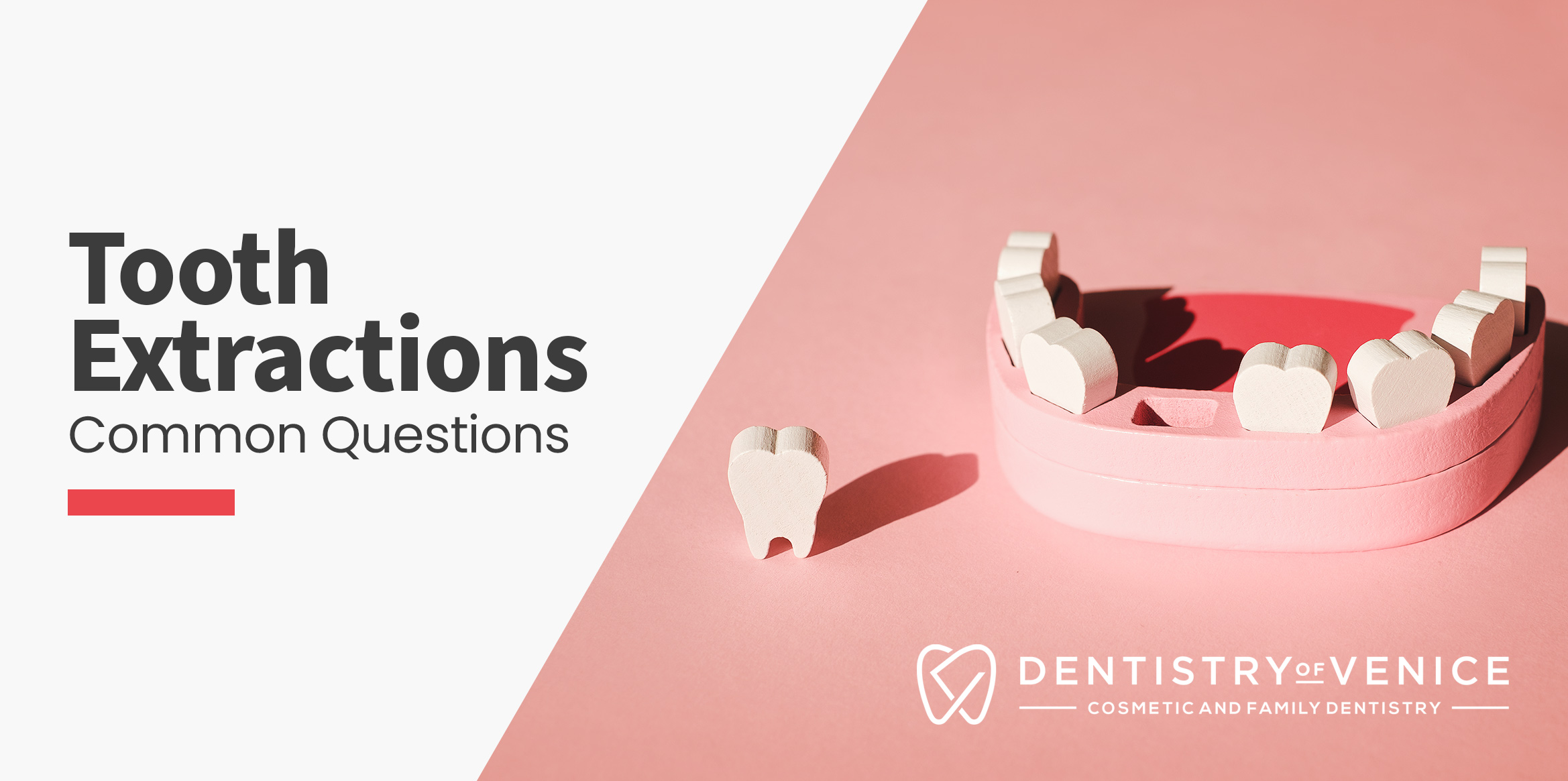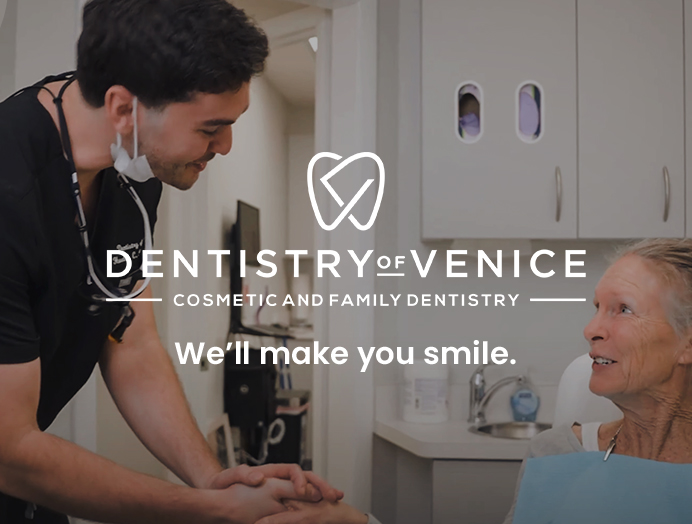Tooth Extractions: Common Questions
When it comes to dental procedures, tooth extractions may not be the most eagerly anticipated topic. However, understanding what they are, the different types, and their benefits can help demystify this common dental practice. In this article, we’ll delve into the world of tooth extractions, exploring their various aspects and shedding light on their advantages.
What Are Tooth Extractions?
Let’s begin with the basics. Tooth extractions, as the name suggests, involve the removal of a tooth from its socket in the jawbone. While the idea of having a tooth pulled may sound daunting, this dental procedure is often performed to improve oral health, alleviate pain, and prevent further dental issues.
Types of Tooth Extractions
There are two primary types of tooth extractions:
1. Simple Extractions
Simple extractions are performed on teeth that are visible in the mouth and can be removed using local anesthesia. Dentists use special instruments to grasp and gently rock the tooth back and forth until it can be lifted from its socket.
2. Surgical Extractions
Surgical extractions are more complex and are typically required for teeth that are impacted, broken, or have not fully erupted. This procedure may involve making an incision, removing bone tissue, or sectioning the tooth into smaller pieces for easier removal. General anesthesia or sedation may be used for patient comfort during surgical extractions.
Benefits and Advantages of Tooth Extractions
While the idea of losing a tooth may seem less than ideal, tooth extractions offer several benefits:
1. Pain Relief
Extractions can alleviate pain and discomfort caused by severely damaged or infected teeth.
2. Preventing Infection
Removing a tooth with a severe infection can prevent the spread of bacteria to other parts of the mouth or body.
3. Orthodontic Treatment
Tooth extractions are sometimes necessary to create space for orthodontic treatment, such as braces, to align teeth properly.
4. Preventing Crowding
Removing a problematic tooth can prevent overcrowding, which can lead to misalignment and other dental issues.
5. Improving Overall Health
In some cases, removing a damaged or decayed tooth can improve overall oral health and prevent further complications.
Conclusion
In the world of dentistry, tooth extractions play a vital role in maintaining oral health and relieving discomfort. Whether it’s a simple extraction to remove a problematic tooth or a surgical extraction to address a more complex issue, the benefits of these procedures are clear. They can alleviate pain, prevent infections, and support overall oral well-being. So, the next time you hear about a tooth extraction, remember that it’s often a step toward healthier and happier smiles. If you have any concerns about a tooth, don’t hesitate to consult with your dentist, who can provide expert guidance on whether an extraction is necessary and what type of extraction would be most appropriate for your specific situation.
Schedule an appointment with our team today for a comprehensive consultation. Or call: 941-441-9275



